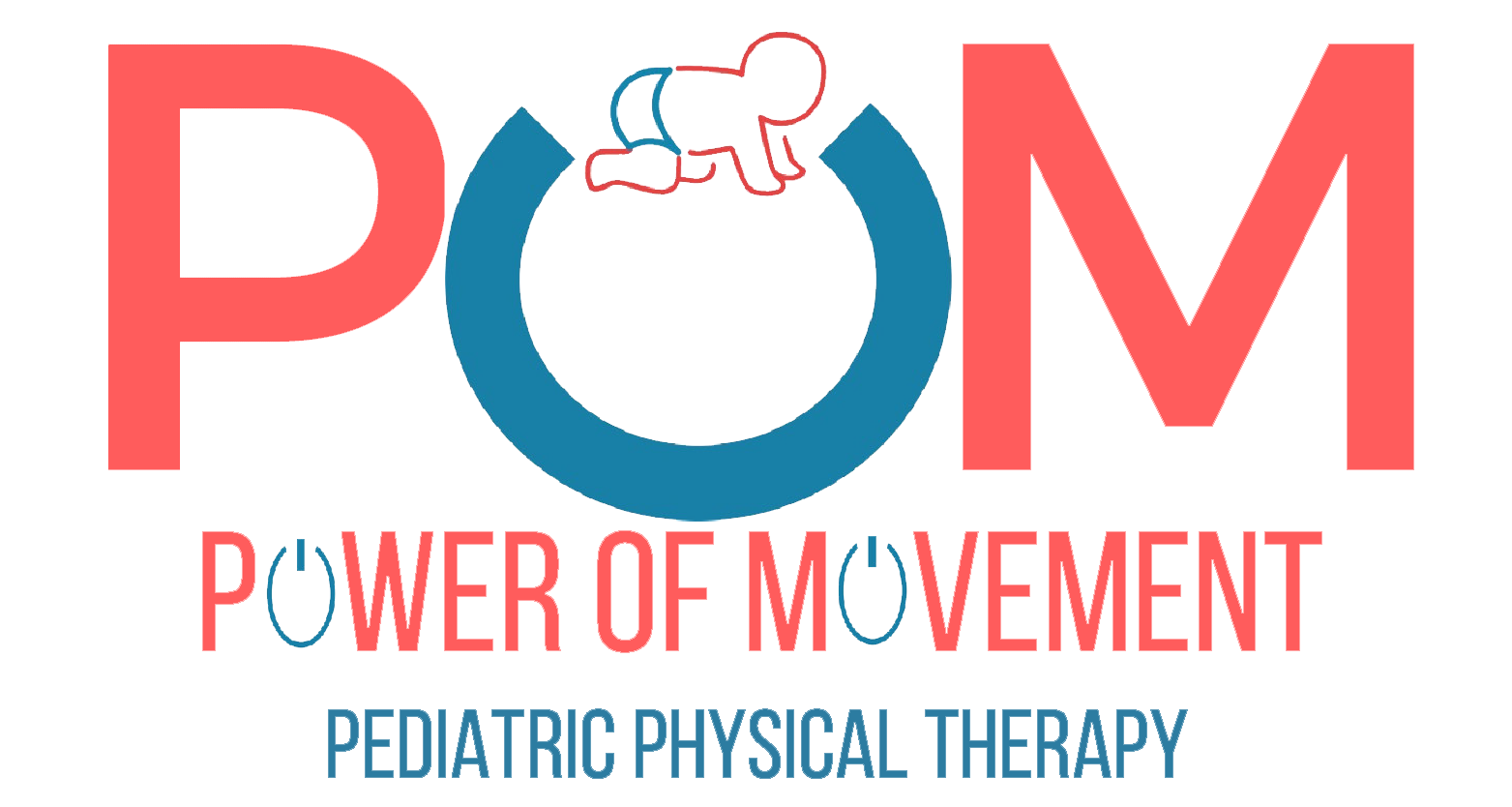
Professional Certifications vs. Continuing Education Courses
Power of Movement PT is comprised of the most highly-trained and skilled pediatric physical and occupational therapists within any private practice in Westchester and Putnam County. Our therapists go above and beyond completing the standard requisites of continuing education courses by seeking Professional Certifications. At Power of Movement PT, our therapists believe that taking the time to undergo the extensive additional training and education needed to obtain Professional Certifications are an absolute necessity to provide the most effective handling techniques that will yield the best outcomes. This expertise, combined with the solid partnerships that our therapists develop with the family, caregiver, and treating physicians, is the recipe for success of our young patients!
What is the difference?
Professional Certifications require therapists to undergo rigorous training - 300 to 500+ hours - on a specialized topic and only after the successful completion of both a written and practicum test can a therapist receive the professional certification. These certifications are reflected in the credentials.
Continuing Education Courses generally range from 1-3 days in length and a certificate of attendance is provided at the completion of the course to validate attendance. There are no associated credentials with CE courses.
Our Therapists have the following Professional Certifications:
• Neurodevelopmental Treatment (C/NDT)
• Pediatric Certified Specialist (PCS)
• Certified Kinesiotaping Practitioner (CKTP)
• Autism Spectrum Disorder Clinical Specialist (ASDCS)
Professional Certifications
Neurodevelopmental Treatment (NDT)
NDT is a holistic clinical practice model informed by current and evolving research that emphasizes individual therapeutic handling based on movement analysis for habilitation of the pediatric population with neurological pathophysiology. It is a hands-on treatment approach that uses facilitated movements through the guidance of the clinician’s hands to ensure appropriate muscular activation with respect to the movement task. Therapists with this certification have an in-depth understanding on how to critically examine and treat based on functional limitations. It is specifically designed to improve function in children with neuromotor compromise and/or neuropathologies such as cerebral palsy, strokes, and traumatic brain injuries.
Pediatric Certified Specialist (PCS)
To become a Pediatric Board Certified Specialist (PCS), a PT must complete a minimum of 2,000 direct patient care hours with the pediatric population as well as pass a written exam that tests the application of advanced knowledge and clinical skills as related to Pediatric Physical Therapy. Obtaining board certification indicates a high level of knowledge and skill set within the pediatric setting as well as a strong commitment to professional development.
Kinesiotaping (CKTP)
The Kinesio Taping Method provides a vast array of taping techniques that enables a therapist to provide the necessary support and stability to muscles and joints without restricting the body’s range of motion. Additionally, kinesiotape can be utilized to facilitate weak muscles, inhibit overactive muscles, or to promote healing to a body part that has undergone trauma. At Power of Movement, we integrate this modality with many of our young patients as it serves to be the “therapeutic hands” between treatment sessions. It can address a wide array of issues that include, but not limited to: torticollis, erb’s palsy, pes planus, in-toeing, out-toeing, abdominal weakness, and atypical patellar tracking.
Autism Spectrum Disorder Clinical Specialist (ASDCS)
A minimum of a master’s degree in their profession and hold a state or national license. They must complete a minimum of 18 hours annually in certified courses that provide pertinent knowledge and skills related to treating and working with individuals with Austism. This certification requires annual renewal.
